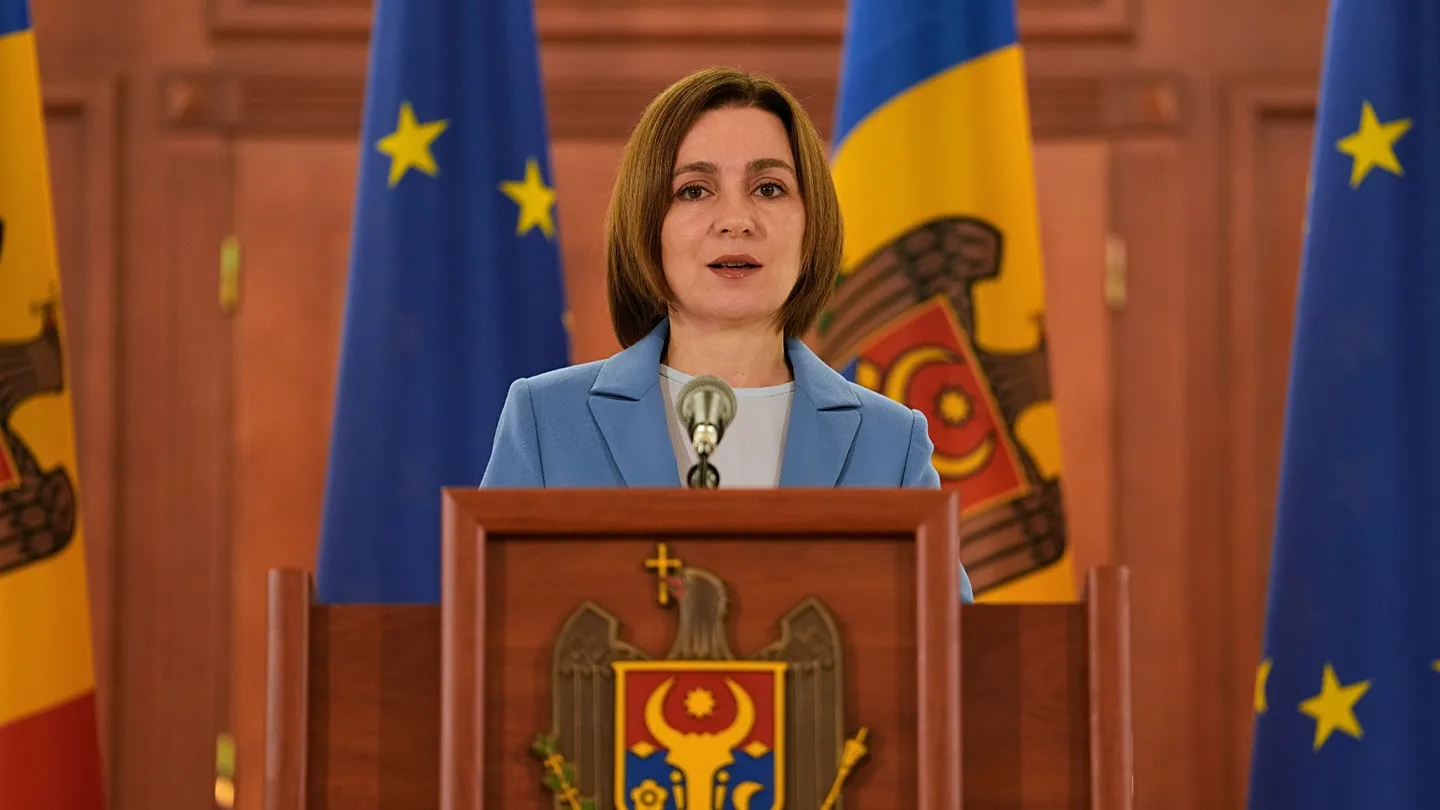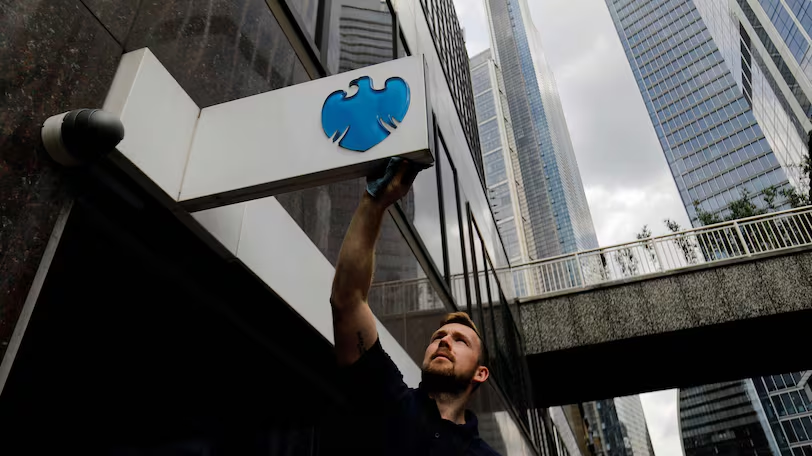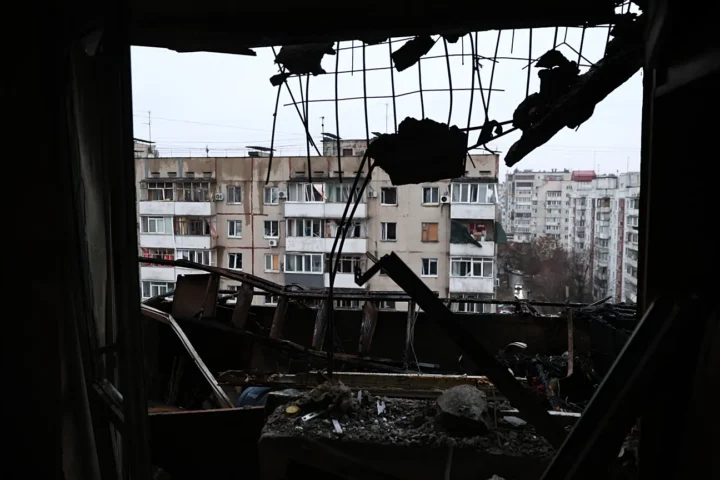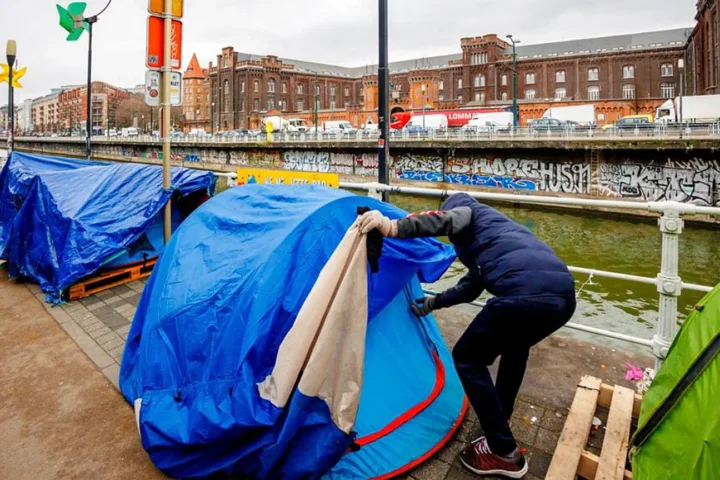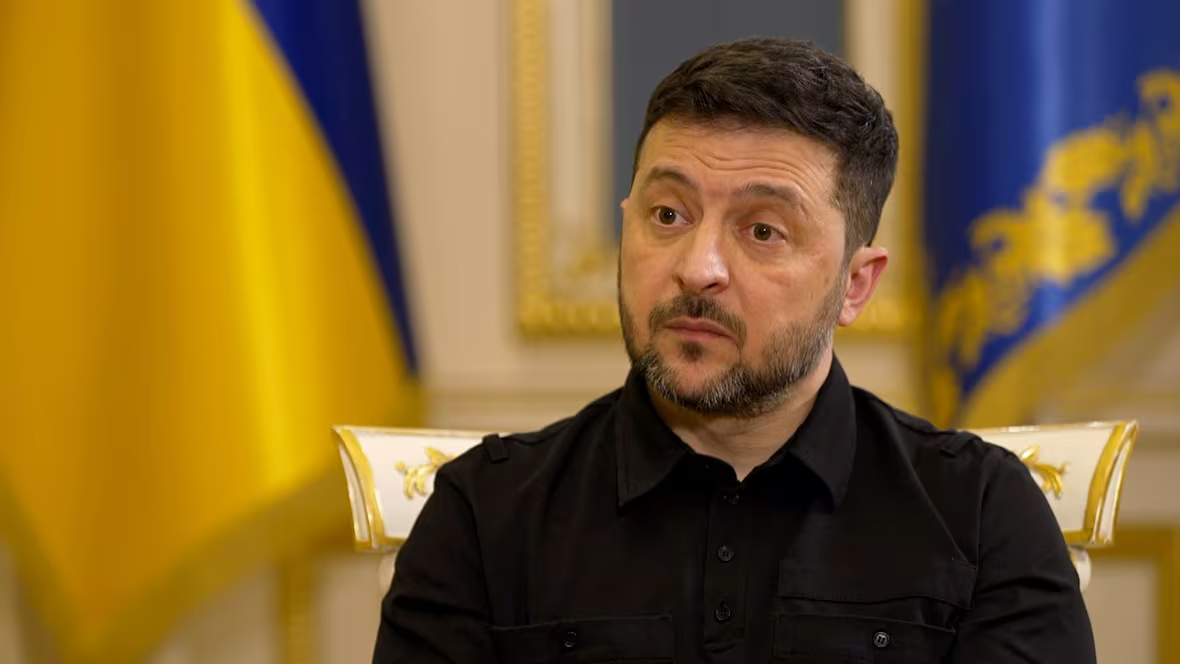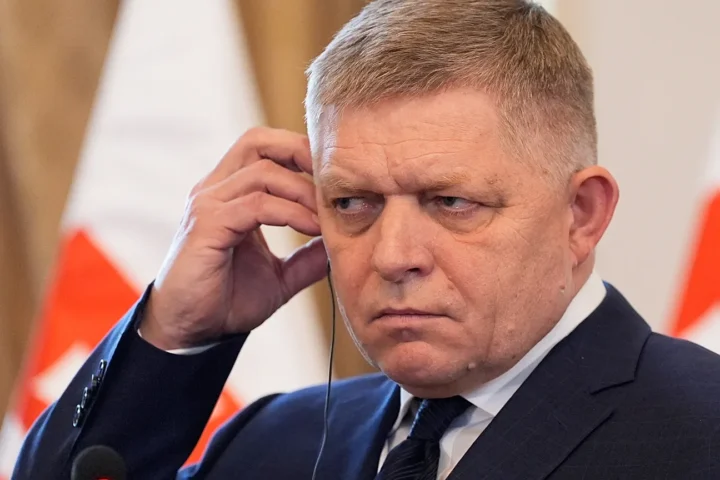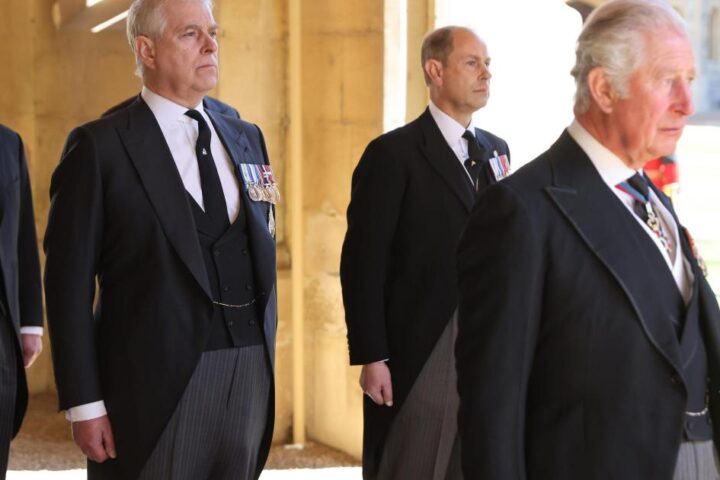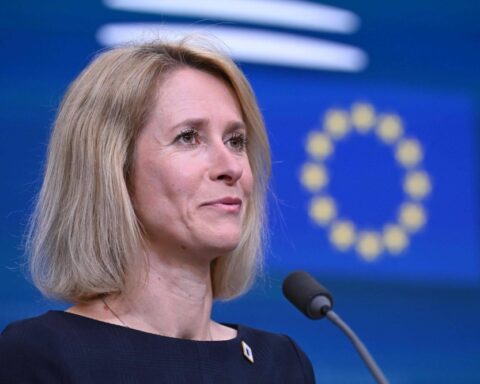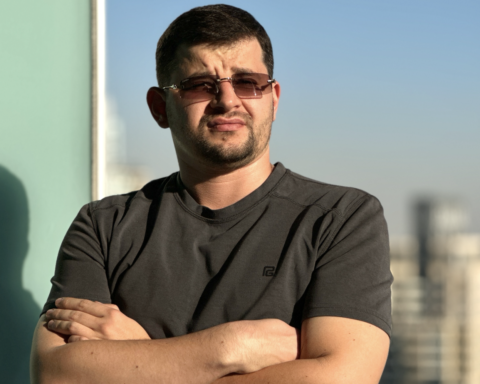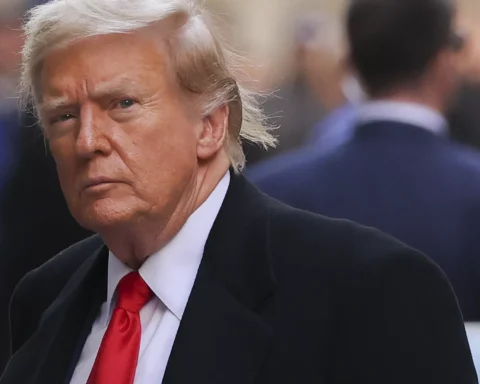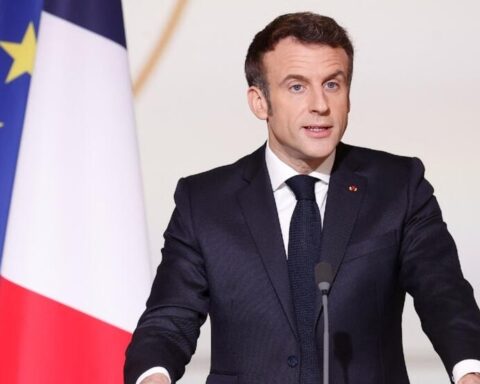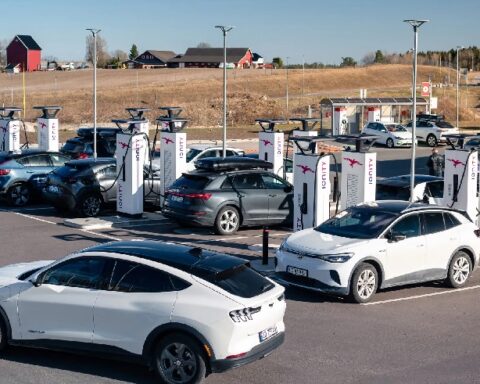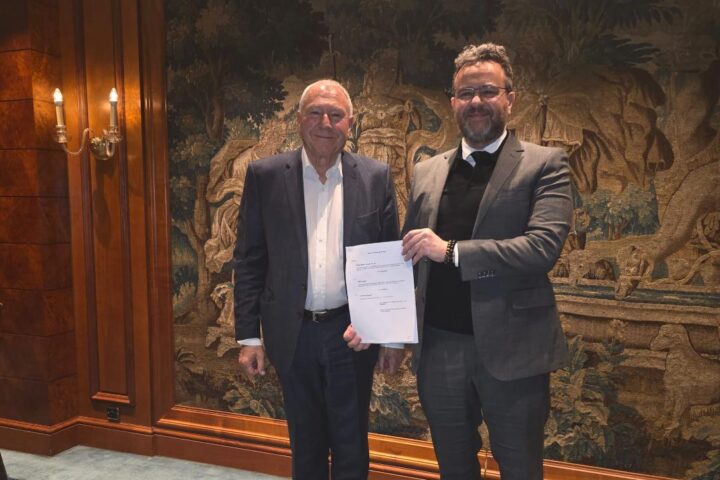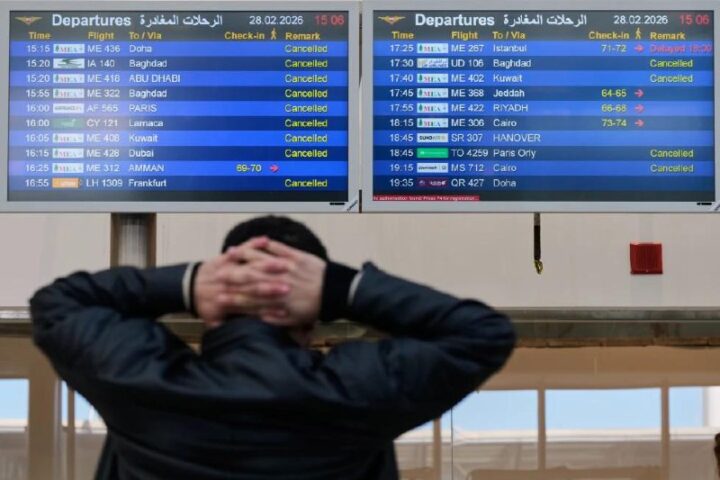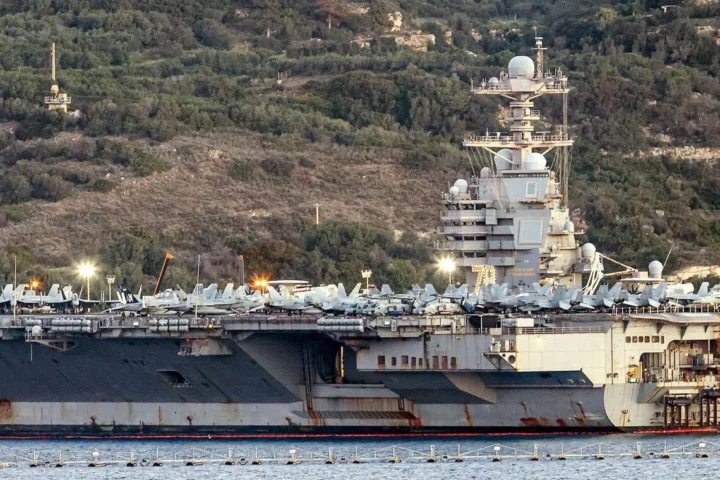Moldova’s President Maia Sandu has called on European Union leaders to provide a clear and defined accession pathfor her country, stressing that Moldova’s future lies firmly within Europe and that any ambiguity risks undermining both reform efforts and public confidence. Speaking during a summit in Brussels, Sandu emphasized that Moldova’s determination to join the EU remains unwavering despite external challenges, political headwinds, and Russia’s continuing attempts to influence regional stability.
The appeal comes as Moldova — one of Europe’s smallest and poorest nations — faces a critical moment in its bid to integrate with Western institutions. The country, which applied for EU membership shortly after Russia’s full-scale invasion of Ukraine in 2022, has been pushing forward with reforms aimed at meeting the stringent political and economic standards required for accession. Yet, progress has been slow, and uncertainty surrounding the timeline for EU enlargement has sparked frustration in Chișinău.
Moldova’s European Dream
For President Sandu, who has long positioned herself as a pro-European reformer, EU membership is not just a geopolitical choice but a civilizational one. “The people of Moldova have chosen a European future,” she said in her address. “We have demonstrated our commitment to democracy, to justice, and to building institutions that serve the people. But we need clarity. We need a concrete path forward that recognizes our progress and keeps our citizens’ faith in this journey.”
Sandu’s administration has introduced a series of anti-corruption measures, judicial reforms, and energy diversification projects designed to align Moldova more closely with EU standards. However, these efforts have been complicated by economic challenges and the constant threat of Russian interference. Moldova has accused Moscow of funding disinformation campaigns and attempting to destabilize the country’s political institutions through hybrid tactics.
EU’s Balancing Act
Within the European Union, there is growing debate about the pace and scope of enlargement. Moldova, along with Ukraine and Georgia, has been pushing for fast-tracked negotiations. But some EU members remain cautious, citing the need for deeper internal reforms before the bloc expands further.
European Commission President Ursula von der Leyen reaffirmed the EU’s support for Moldova’s aspirations, saying, “Moldova has shown remarkable resilience and progress. The European Union stands by Moldova as it continues on this historic path.” Still, she stopped short of offering a definitive timeline or a formal start date for accession talks.
Analysts say that while the EU is eager to reward Moldova’s progress, political realities — including enlargement fatigue among Western European states and institutional reforms within the EU itself — may delay Moldova’s accession beyond the near term.
Security Concerns on the Border
Moldova’s strategic location, bordering Ukraine and Romania, has made it a focal point in Europe’s security calculus since the start of the war in Ukraine. The breakaway region of Transnistria, where Russian troops have been stationed for decades, remains a persistent source of tension.
Recent reports suggest that Moldova has faced cyberattacks and political agitation linked to pro-Russian groups. Western intelligence agencies have warned that the Kremlin could attempt to destabilize Moldova further as part of a broader effort to undermine European unity.
Despite these challenges, Sandu has insisted that Moldova will not be intimidated. “We know who we are and where we are going,” she said. “Moldova will remain committed to the European path, no matter how long it takes.”
Domestic Pressures and Public Sentiment
At home, Sandu’s push toward the EU enjoys strong public backing. Polls show that over 60% of Moldovans support EU membership, though some remain skeptical about the speed of reforms and the government’s ability to deliver tangible improvements to living standards.
Opposition parties, some of which maintain close ties with Moscow, have accused Sandu of neglecting domestic economic issues in favor of international ambitions. They argue that the cost of reforms and the transition to European standards could weigh heavily on the country’s fragile economy.
Nevertheless, Sandu’s message remains clear: Moldova’s transformation depends on EU integration, and delaying the process could open the door to renewed instability. “Europe is not just our goal,” she said. “It is our destiny.”
A Defining Moment for Europe’s East
For the EU, Moldova’s plea underscores the broader challenge of managing enlargement in a time of geopolitical upheaval. The war in Ukraine has reinvigorated discussions about the importance of integrating Eastern European nations that share the bloc’s democratic values. However, with ongoing debates about migration, fiscal policy, and defense, Brussels is treading carefully to avoid overextension.
Some European diplomats argue that a “phased integration model” could provide a compromise — allowing Moldova to access parts of the single market and EU programs before full membership is achieved. Others warn that half-measures could breed disillusionment and weaken pro-European governments in the region.
The Road Ahead
As Moldova awaits the EU’s next enlargement report, expectations are high that accession talks could formally begin in 2026 if reforms continue at the current pace. Yet, Sandu’s call for clarity reflects deeper concerns that political inertia in Brussels could slow momentum at a critical juncture.
For a nation long caught between East and West, Moldova’s quest for EU membership has become both a symbol of hope and a test of endurance. The stakes are enormous — not only for Moldova’s future but for the credibility of the European Union’s promise that nations striving for democracy, rule of law, and reform will one day find a place at its table.
As Sandu concluded her remarks in Brussels, she left no doubt about Moldova’s resolve: “Our journey toward Europe is irreversible. The Moldovan people are ready to do their part — now we ask Europe to do the same.”
